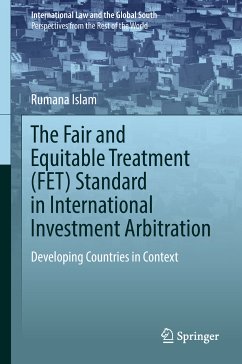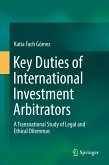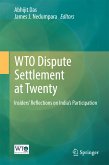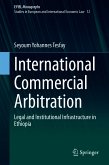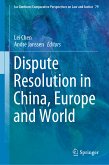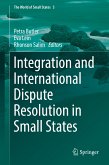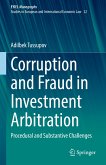The book puts forward the pressing need for a re-conceptualized interpretation of the FET standard in tune with the developmental issues and challenges faced by host developing countries, recognizing these countries' particular perspectives as an important and relevant aspect of investment disputes (often ignored by the current investment tribunals), while continuing to ensure reasonable protections for foreign investors and therefore serving the needs of the system as whole. The findings presented here will greatly benefit host developing countries engaged in investment arbitration. In addition, the book offers an insightful guide for all researchers whose work involves investment law and investment arbitration issues.
Dieser Download kann aus rechtlichen Gründen nur mit Rechnungsadresse in A, B, BG, CY, CZ, D, DK, EW, E, FIN, F, GR, HR, H, IRL, I, LT, L, LR, M, NL, PL, P, R, S, SLO, SK ausgeliefert werden.
"The book flees from a Manichean vision of international investment law. It is not written against foreign investors and in favor of developing States. With a scientific caution, the author reflects on how bridges can be built between these two actors with the aim of upholding development priorities without undermining investors' protection - thereby hinting at a fair and equitable treatment for host developing States." (Nitish Monebhurrun, afronomicslaw.org, March 2, 2021)

